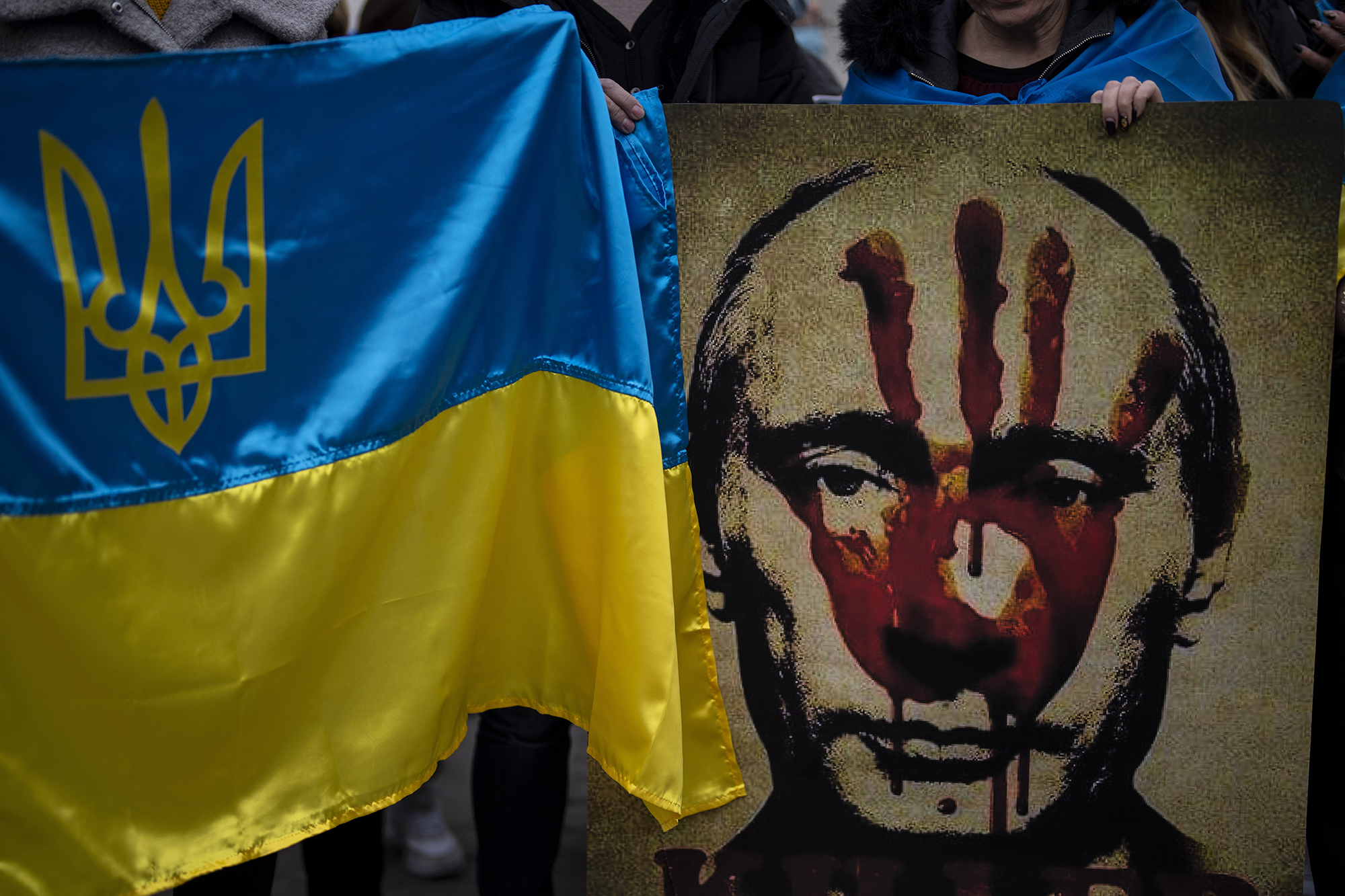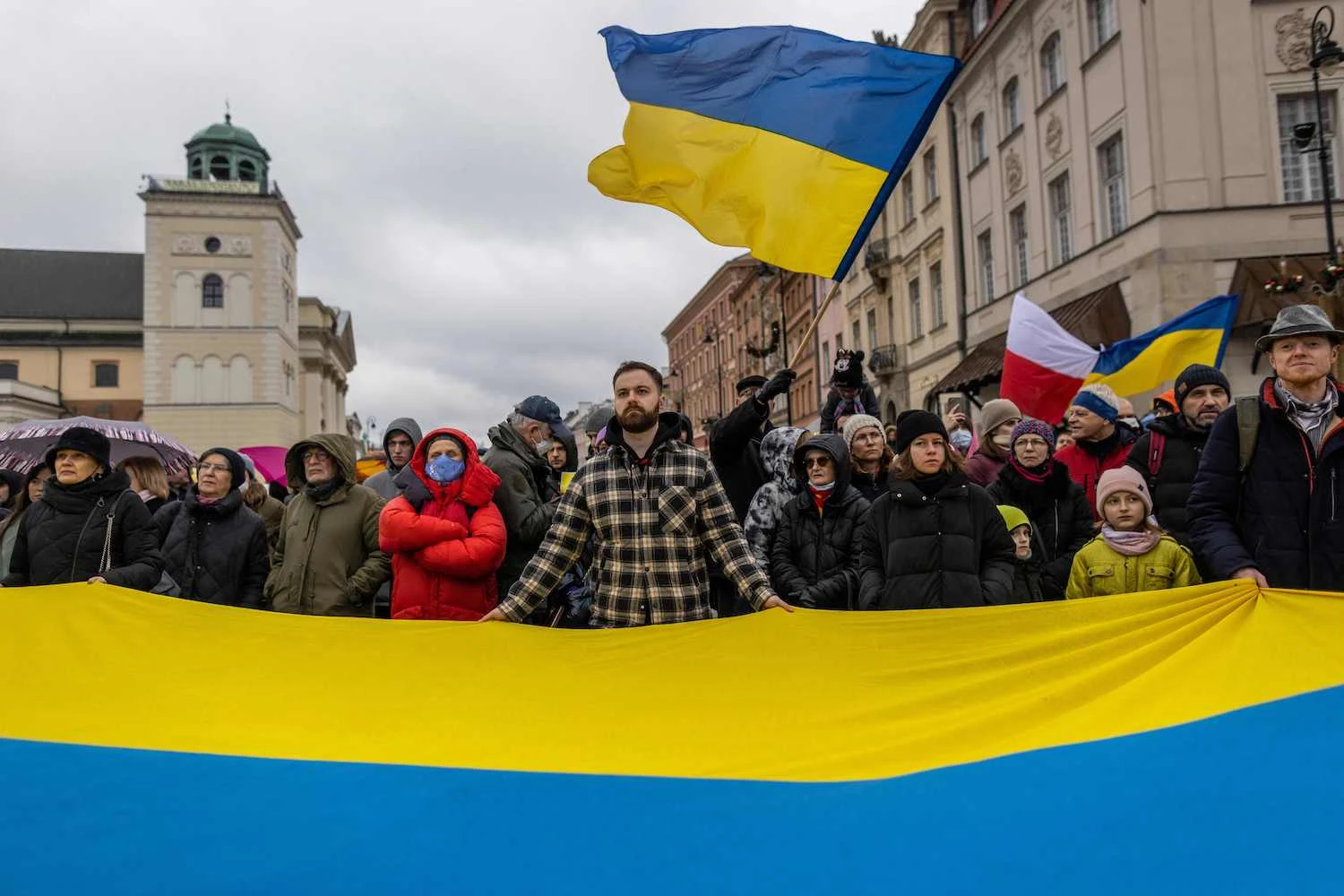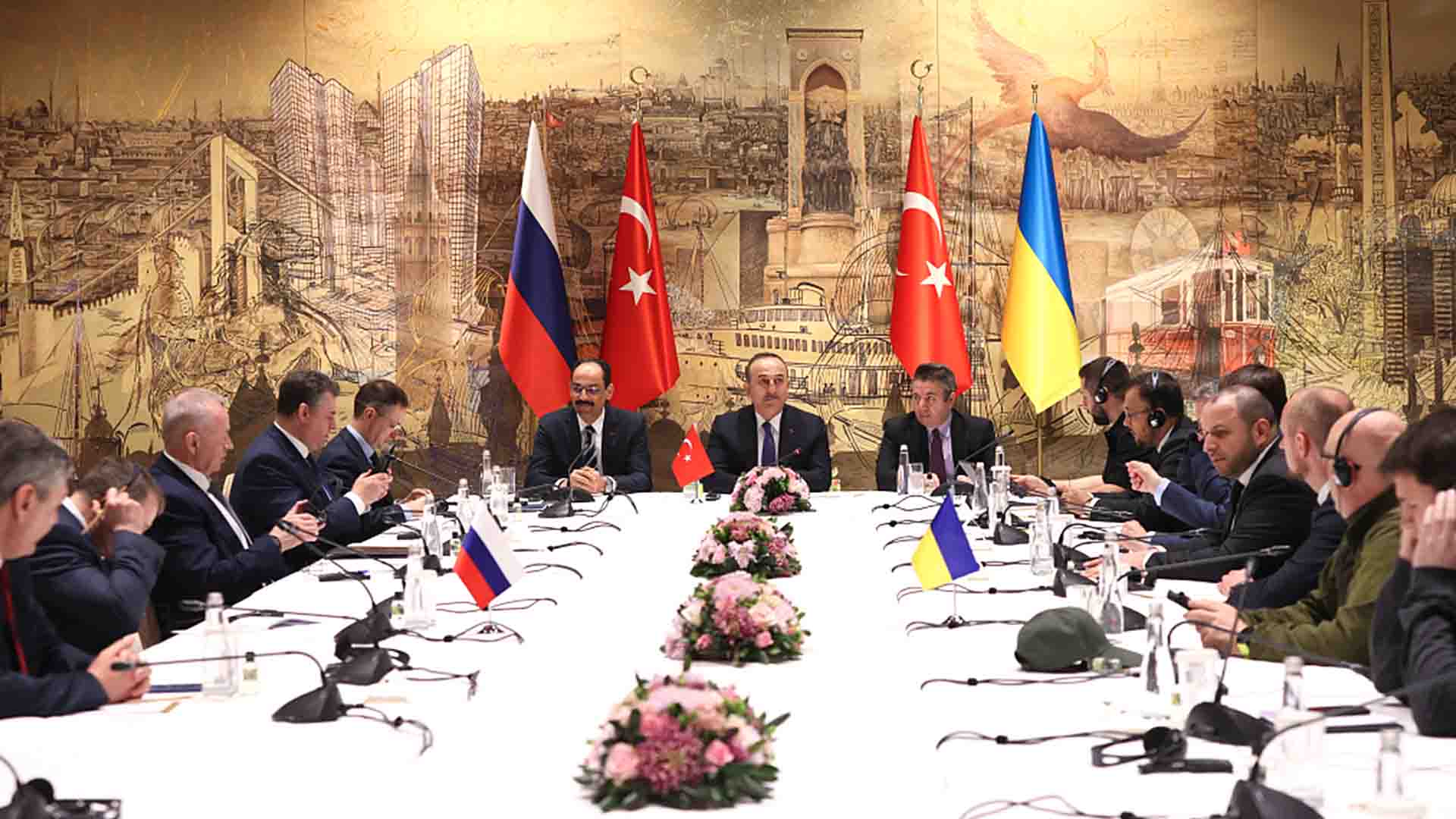By Katya Mavrelli,
More than 100 days after the invasion of Ukraine, the war continues. Even though it no longer is the first topic on the headlines, and even though leaders have determined other topics to be more critical and central, the ongoing conflict in the heart of Eastern Europe is something that cannot be overlooked. Many people wonder how there has not been a solution to the conflict yet, or how leaders have failed to arrive at a commonly desired set of resolution policies. But, why is this the case?
It is all based on the basic understanding of the idea of a win-set. Win-sets are the sets of all possible proposals that leaders would prefer over the “no agreement” option. When called to make decisions, leaders find themselves sitting at two tables, the domestic and the international one; and they both need to be harmonized in order for leaders to agree with one another, find policies that match the preferences of their constituency, and apply them domestically. This is based on the assumption – and reality – that democratic leaders want to remain in office, and this is why listening to what the public wants is of utmost importance.
Quick observers will be correct in arguing that this is true only for democratic leaders, who have to perform well in elections, in order to retain their position in the office. This theory does not suggest that authoritarian leaders do not understand the idea of audience costs, but for them, other factors are more important. Moreover, the absence of permissive institutions limits their reliance on the public and increases their dependence on key support groups, like the business community or elite political groups, without which they would be left standing virtually alone.
Why is this relevant for the resolution of the Russia-Ukraine conflict, though?

What few understand is that, in order for a conflict to be resolved, it needs to be in the interest of both parties. Essentially, both sides should be able to find better alternatives that are equally or more satisfying than continuing with their offensives. For this to happen, they need to have overlapping win-sets on preferred policies to follow. The range or set of the policy position they want to adopt instead should be closely aligned. Even if their approach to the conflict might not be the same, there should at least be a section where what the two countries want to do should be fairly similar.
In the case of Russia and Ukraine, what is absent is this overlapping set of preferred policy alternatives. Negotiations have resumed and they are constantly developing, but even though they are based in good faith, they lack common points. What one side considers fair, the other rejects without considering it.
For Ukraine, the recognition of the country’s sovereignty and independence is essential. Without acknowledgment that these two elements are given, there cannot be any other consideration. The steps towards European alignment and incorporation into western institutions like NATO and the EU might come as secondary elements to some, but they are equally important. The point of conflict is the realization that Ukraine is an independent and sovereign entity, which should be given the right to decide for itself, without being shoved and pushed around. It should be recognized as a free country that can determine its political positioning in the international arena.
On the other hand, the Russian side fails to negotiate further when the looming threat of western encirclement is becoming a reality. For the Russians, the foreign policy of the west is one of assertiveness and willingness to change the agenda of the rest of the world to match their own policy initiatives. The mistakes of the Russian Empire, which eventually led to its downfall, reverberate across the modern Russian state up to this day, and politicians are aware of all that can expose their country to the West.

What one side perceives as a threat to its identity as a nation, the other wishes to achieve in order to find its own identity. The surprising thing is that, in the case of this war, the two sides have fairly few preferred common points. Their ideological alignments are different, and their ideal outcomes are diametrically opposed. Their only common element is the concern for their national sovereignty and security. The biggest concern for both is the possibility of performing wrong maneuvering that can cost them their future as a nation, which is the harsh reality and why they continue with their offensives.
Unless the two sides can arrive at a point where their preferred policy ranges overlap, there cannot be an agreement and a resolution of the conflict. Even though absolute statements should be avoided, this seems to be the political reality of this conflict.
References
- Russia-Ukraine conflict: 5th round of peace talks, newscgtn.com, Available here
- Russia-Ukraine war: what we know on day 114 of the invasion, theguardian.com, Available here




